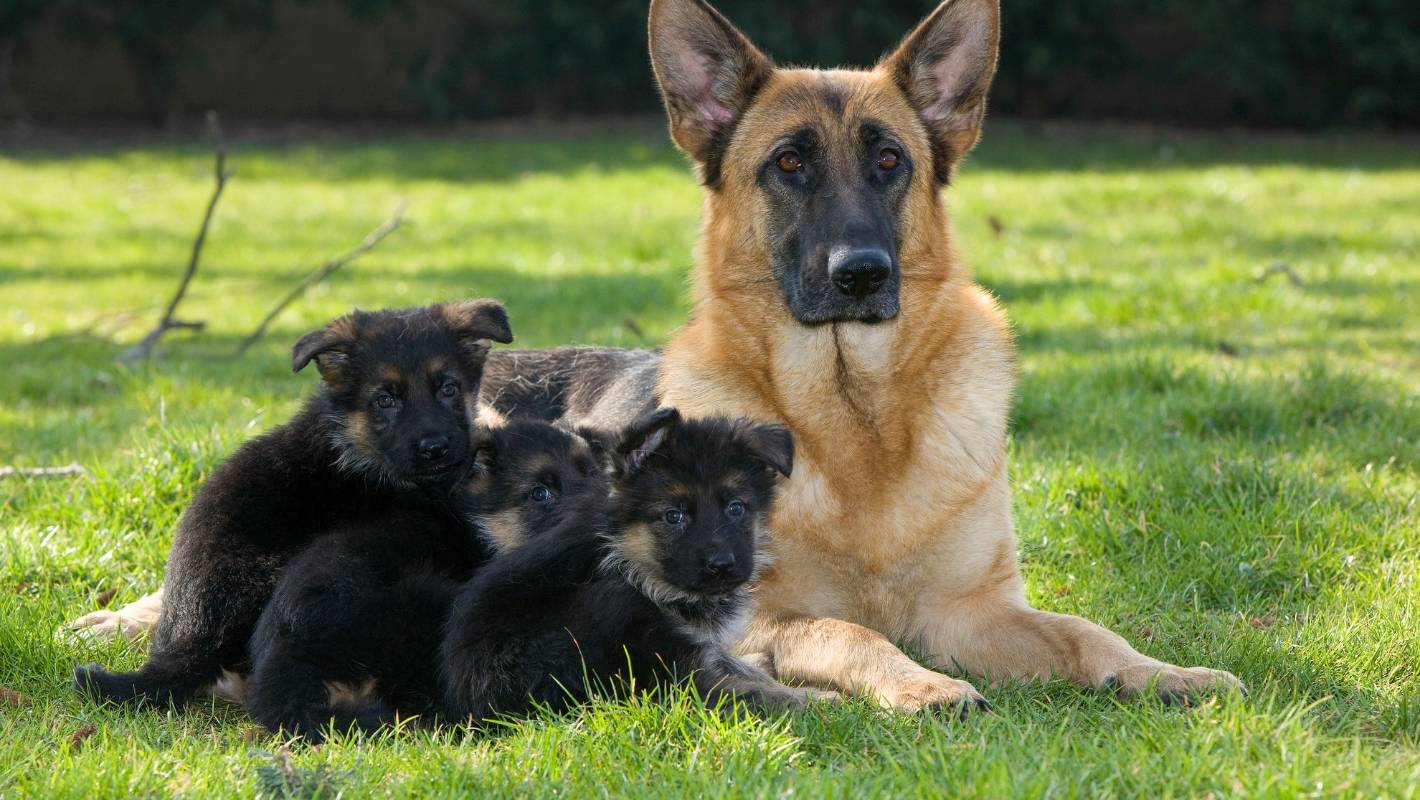- July 21, 2022
- No Comment
- 4 minutes read
Just like you, your dog's nutritional needs will change with age – Stuff

Just like their owners, every dog’s nutritional needs change as they grow and age. From newborn to youth, adulthood to old age, your best friend will live their best life when you pay attention to their nutritional needs and ensure they’re eating the best food for their stage of life.
To understand how life stage impacts your dog’s nutritional requirements, it’s important for owners to be aware of their pet’s nutritional needs throughout their lifetime and make sure they get the right balance from early in their lives and into their golden years.
"The right nutrition helps to support the development of their immune system, the growth and strength of their bones, the development of their brain and muscles and positively impacts their growth potential," says Royal Canin’s nutritional expert Chantelle McGowan.
Royal Canin specialises in developing tailored nutrition for domestic cats and dogs through the different stages of their lives, from kitten/puppyhood through to old age.
"Dogs go through two, distinct periods of aging – maturity and senior – that must be addressed very specifically with nutrition. Maturity generally starts from the midpoint in a dog’s life, and this is a period when the signs of aging are not yet visible.
"At this stage, feeding the appropriate diet can help in the retention of youthful vitality and helps assist the body to fight against the effects of cell aging."
A dog’s nutritional needs change throughout their lifetime. Each life stage can have an impact on their nutritional requirements. Your dog’s life stage or age is one of the most important considerations when choosing the right food.
Dogs’ activity levels decrease as they age and their nutritional requirements change. Dog food for seniors has fewer calories, yet still contains the appropriate balance of nutrients for this life stage.
"Dogs vary greatly in size and so their diet must be closely matched to their growth potential," says McGowan.
"Small breed dogs will usually reach their adult size at 10 months of age. Giant breeds, on the other hand, can take up to two years to finish growing."
Smaller dogs are likely to live longer so they become seniors later than large-breed dogs. A dog is deemed senior when it reaches around half to two-thirds of their breed’s average lifespan.
Royal Canin provides tailored nutritional solutions for your dog at every stage of their life, from puppyhood through to the senior years. Small dogs may live to 15 or 20 years of age, while medium dogs live to about 12 to 15 years. Large breed dogs are considered senior at around six years, while smaller dogs reach that milestone at around eight or nine.
The more you know about what your dog needs, the better you’ll be able to care for them. To find out more about the care and nutritional needs of your senior dog, talk to your veterinarian or visit the Royal Canin website at www.royalcanin.com/nz
Sponsored content
© 2022 Stuff Limited

